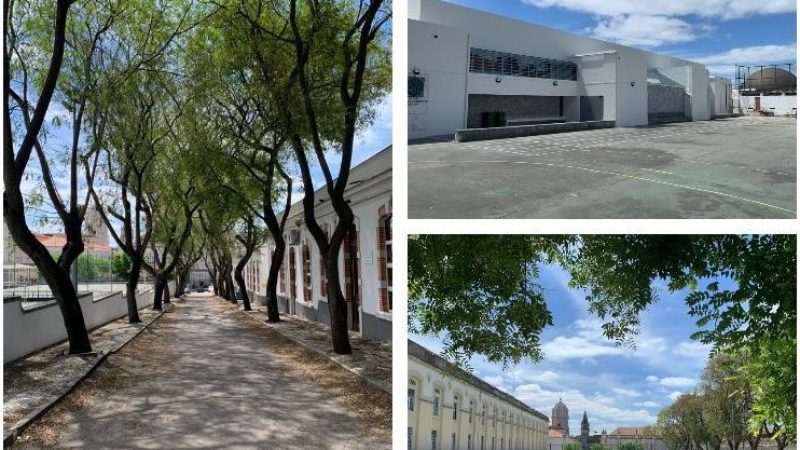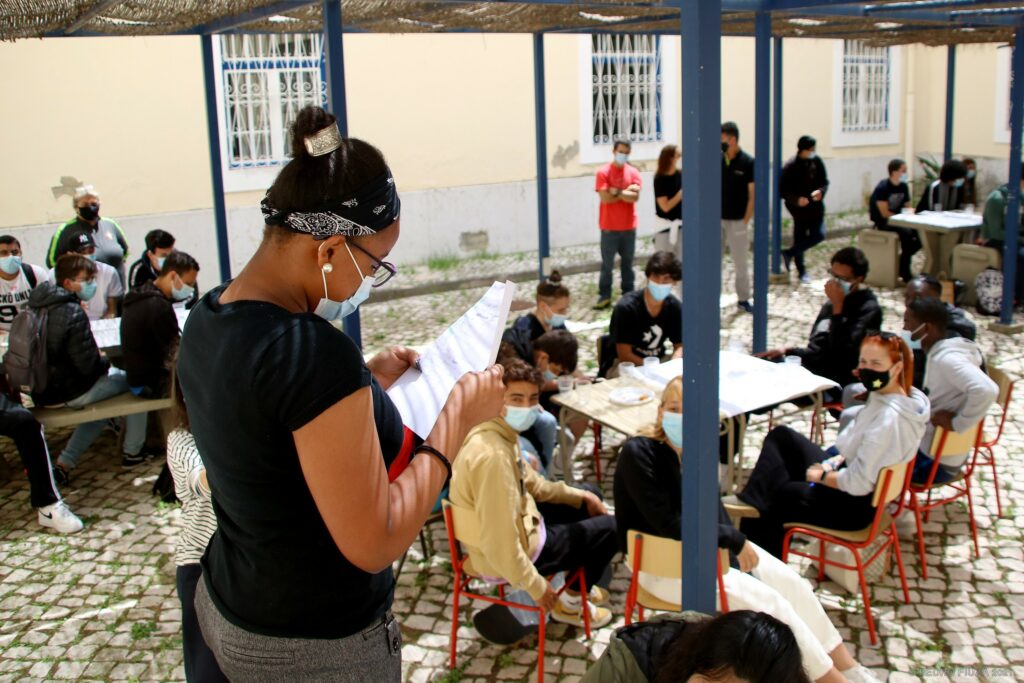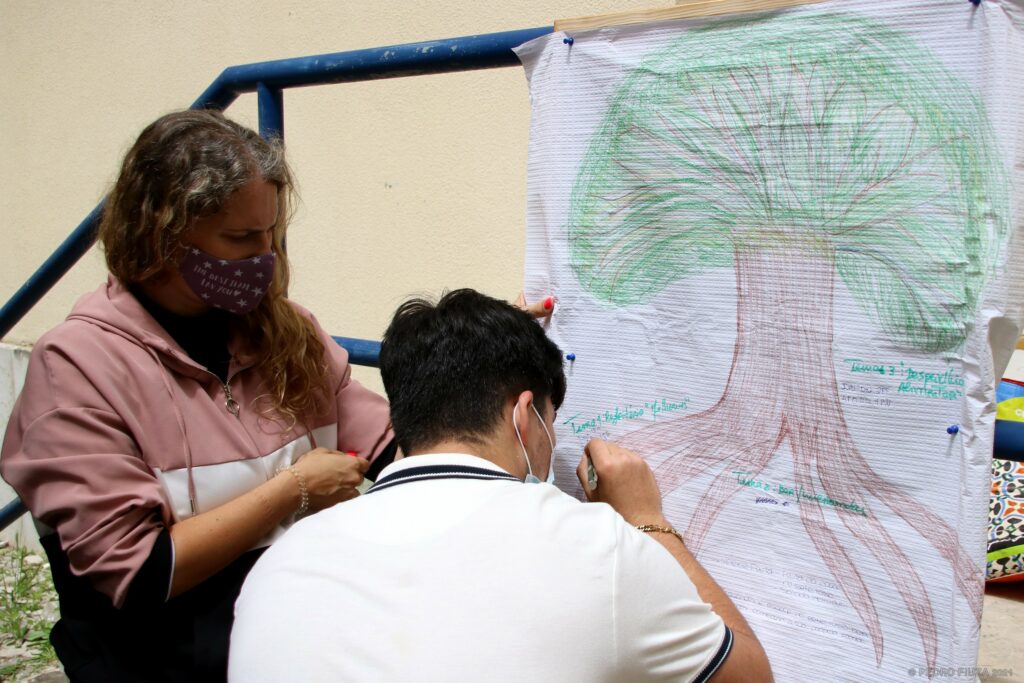Casa Pia mission is to integrate children and young people, namely those without an adequate family environment, guaranteeing them inclusive educational paths, based on prolonged education, quality vocational education and a commitment to professional integration.
Casa Pia considers the themes, methodologies and partnerships developed under the scope of SALL project, of utmost importance for the social inclusion of students, as well as the optimization of the teaching-learning process.
At the beginning of the SALL project, a call was made to schools that had a very successful participation in OSOS project, and CED Pina Manique – Casa Pia was one of the pilot schools in the SALL project from Portugal, (school year 2020/2021) and continued to work in 2021/2022. In order to support all the pilot schools, Ciência Viva started the SALL project with a webinar about living-lab methodology and a teacher-training short course about the sustainability of food systems.
55 students, ages between 15 and 19 years-old and six teachers were involved in the project. Here are some feedbacks from them and other actors involved in the project.
Teachers found it very gratifying to see the way in which the students adhered to this project and the activities developed. This project is considered very important in the development of students as an integral part of solving problems in the school community, as future individuals belonging to an active society and in contributing to the development of their skills.
School leaders considers the themes, methodologies and partnerships developed under the scope of SALL project, of utmost importance for the social inclusion of students, as well as the optimization of the teaching-learning process. The school board considers this project very important and has been following it from the beginning, sometimes even in the dynamism of some activities during the project sessions.
Students have shown a lot of interest in actively participating in the project, they were committed to the topics covered. They liked the possibility that this project provides the involvement of several classes, courses, teachers in the identification of problems in the School and possible solutions. They now feel that they have a voice, an active participation in the improvement of different issues related to food systems/School. They are always asking when the next session is.
Societal actors were very pleased with the themes that we proposed to develop and they adhered from the first contact. They consider these dynamics very important for the development of students as citizens.
Contact
Gisela Oliveira
National coordinator, Ciência Viva
Mail
School website



